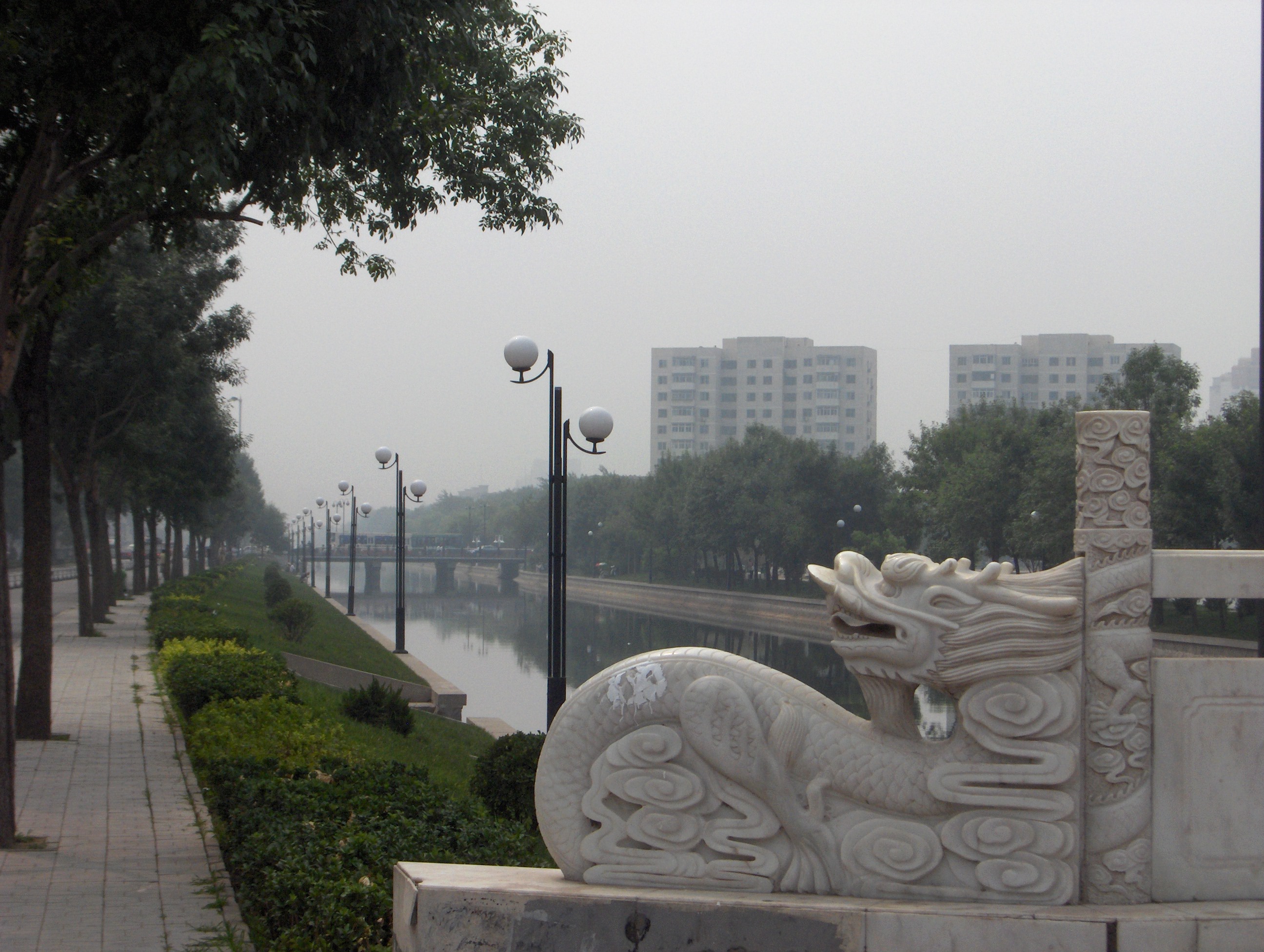The new year demands predictions. As those demands must be satisfied, here are mine:
1. President Barack Obama will be blamed for everything, from pet obesity to sunspots.
2. Jim DeMint, president of The Heritage Foundation, will continue to solicit me for money and will write me ingratiating letters as one conservative to supposedly another. Things are terrible because of Obama, he will say. But if I send him five bucks, the day can be saved for America.
3. Sen. Al Franken (D-Minn.) will ask me for money, five bucks, to save America from the likes of DeMint.
4. Amtrak – whose high-speed train between Washington, D.C. and Boston, Acela Express, is so expensive only rich business people can afford to ride it — will seek a larger federal subsidy. At present, it stands at $1.3 billion. Ordinary people, who Congress had in mind as riders, can’t afford the Acela's astronomical and predatory fares. So it has become a service for business executives and corporate lawyers — you can tell from the overheard cell phone conversations. A billable hour is a terrible thing to waste.
5. The airlines will find new ways to discomfort you; watch out for toilets that big and tall people can't sit on, seats that recline a 16th of an inch, and bad food that you'll buy only if you're off your medicine. Don't change your ticket, bring a suitcase or seek a seat with legroom. There are fees for that kind of convenience and comfort. Don't ask for logic in routing: How about Providence to Washington, D.C. with two stops and travel time of 10 hours and 20 minutes? An air travel Web site tried to tempt me with that “super-saver” fare. I reckon you could hitchhike it in about the same time.
6. If you thought it was difficult to reach any large company in 2014, it will be much worse in 2015. There are consultants out and about America, teaching corporations how to avoid their customers. Gone are the days when you could expect customer service of some sort, albeit from Rajiv in Bangladesh. Amazon, always a pioneer, has produced the consumer go-have-sex-with-yourself masterpiece. If you have a question about your Kindle, you have to give them your credit card if you want it answered. It's the no-pay-no-help line.
7. Talking of the perils of being a customer, Bank of America refused to give me the phone number of the local branch where I have an account. When I finally got through to the manager, she said they didn't give out the number because “the phone would be ringing off the hook.” I didn’t know people called the bank just to chat. No thought that those callers might be customers. Just remember new the mantra of big business: “The customer is always wrong, a nuisance, and fitted for nothing better than hanging an hour on the phone with a simple inquiry.”
8. Next year the save-a-buck Congress will decimate the Post Office. Sad because it's the one place that still works, and where you can get a question answered promptly. That will not do. The Social Security Administration is efficient and polite, too. So Congress has its hatchet out.
9. Now that the Republicans have control of government, they'll be out to prove that government doesn’t work. I’m sure they will pull it off. The Democrats will be complaining – having snatched defeat from the jaws of victory in the midterms.
How can you lose an election when the economy is turning around? Ask Sen. Franken when you send him your five bucks. Bet he won’t tell you. So I will. You turn your back on your president. That makes you look really bad, and looking really bad is a bad election strategy.
Happy New Year! — For the Hearst-New York Times Syndicate








